So, let me get this straight… According to Forbes’ recent article, “13 American Companies with Remarkable Perks,” an $11.50 per hour starting wage is a perk. There seems to be some real confusion here about the difference between doing the right thing by the people who work for you and providing “perks,” which are generally defined as “extras” or benefits with little or no cash value.
A perk makes the workplace easier for employees or more fun. In many tech companies, for example, perks are the pool table in the breakroom, the massage therapist who comes around for chair massages, or the gym at the office. Perks are great. They make the office a better place to spend long days and they can help to connect colleagues by building morale.
But the nuts and bolts of compensation, benefits, and career development must not be confused with perks. Forbes cites “perks” examples that I would put firmly in the HR department: untracked days off (in fact, according to CIO, unlimited days off can actually result in people working more), benefits for part-time employees, paid maternity and paternity leave, and health benefits for domestic partners when not required by law. And let’s not forget that $11.50 per hour wage.
Other, so-called “perks” included a mentoring program and support for education or career development. These culture- and career- building benefits strengthen the organization by giving employees greater skills and understanding. That’s not a perk. That’s organizational planning and development. What’s more, wellness initiatives such as counseling for hospital employees were lumped in with the pet insurance.
Sure, I think it’s great that companies can offer perks that support their employees’ outside interests. A hobby club, a football field, a foosball table, a mindfulness app might all improve my day-to-day experience.
But in an environment where talent is becoming scarcer and business is picking up, it is critical to provide the compensation, career development, and benefits that matter to employees and to treat them fairly. We can’t afford to consider these things as niceties, easily cut from the budget when trouble arises. These are the essential ingredients to your company culture, which builds – or tears down – employee engagement and loyalty. As Kim Heyer at Blessing White puts it, “If you get the culture right, it provides the groundwork for the high engagement that can sustain your workforce through good times and bad. And that is worth every foosball table in the world.”
So the next time we talk about “perks” or fringe benefits, let’s stick to the football field in the parking lot and leave the HR offerings that actually impact employees’ quality of life and business opportunities alone.



